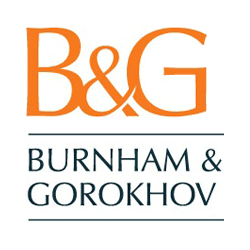Co-conspirator statements under Rule 801 of the Federal Rules of Evidence, governs hearsay and its exceptions in the U.S. legal system. Hearsay is considered a statement made outside of court that is offered in court to prove the truth of the matter asserted. Typically, hearsay is not admissible in court, but there are exceptions. One such exception is the admissibility of a co-conspirator’s statements. Here we explain some of the intricacies of this provision.
Definition of Hearsay
Hearsay is defined under Rule 801 as a statement that:
- The declarant does not make while testifying at the current trial or hearing, and
- A party offers in evidence to prove the truth of the matter asserted in the statement.
Hearsay evidence is typically considered unreliable because it has not been made under oath or subject to cross-examination. However, there are exceptions where hearsay can be admitted.
Co-Conspirator Exception
The co-conspirator exception falls under Rule 801(d)(2)(E), which reads:
“A statement that meets the following conditions is not hearsay: … A statement by a co-conspirator of a party during the course and in furtherance of the conspiracy.”
To admit a co-conspirator’s statement under this rule, the following criteria must be met:
- Existence of a Conspiracy
The court must find that there was a conspiracy involving the declarant and the party against whom the statement is offered. This does not mean that the conspiracy must be proven beyond a reasonable doubt, but there must be sufficient evidence to demonstrate its existence.
- Statement Made During the Course of the Conspiracy
The statement must have been made while the conspiracy was ongoing. Statements made after the conspiracy has ended may not be admissible under this rule.
- Statement Made in Furtherance of the Conspiracy
The statement must be made to help achieve the goals of the conspiracy. Casual remarks about the conspiracy may not qualify.
Application and Controversy
The co-conspirator exception is often applied in criminal cases involving organized crime, drug trafficking, or white-collar crimes. Its application has been controversial in some cases, as the exception can allow for the admission of statements that might otherwise be considered unreliable. Defense attorneys might argue that the exception infringes on a defendant’s right to confront witnesses against them.
Co-conspirator statements under Rule 801(d)(2)(E) provide an essential tool for prosecutors in conspiracy cases, enabling them to use out-of-court statements made by conspirators to prove the conspiracy’s existence and objectives. However, this exception requires careful application, balancing the need for evidence against the rights of the accused. Understanding the specific criteria and potential pitfalls of the co-conspirator exception is crucial for legal professionals and those interested in the American legal system.

